An excellent recent article by Dominic Lawson in Standpoint magazine reminded me of the greatness of Paul Keres. The Estonian grandmaster,whose centenary falls this month, was silver medallist in no fewer than four world championship Candidates tournaments. (I will be writing about him next week.)
Another illustrious player (one with the same first name) is Paul Morphy, the victor of Bobby Fischer’s favourite masterpiece. I saw Fischer demonstrate this game to Fidel Castro during the 1966 Olympiad in Havana and it forms the topic of this week’s analysis.
Morphy–Duke of Brunswick and Count Isouard; Paris 1858; Philidor Defence
1 e4 e5 2 Nf3 d6 3 d4 Bg4 Nowadays, as Kasparov wryly notes in his Everyman Great Predecessors series, upon which the following comments are based, every schoolboy knows that this is bad. 4 dxe5 Bxf3 5 Qxf3 dxe5 6 Bc4 Nf6 The decisive mistake. Black had an unpleasant choice between 6 … Qf6 7 Qb3 Bc5 8 0‑0 Bb6 9 a4 a5 10 Nc3 Ne7 11 Be3 Nd7 12 Rad1 and 6 … Qd7 7 Qb3 followed by Nc3, 0‑0 and Rd1 — in both cases White has an obvious advantage. 7 Qb3 A classic double attack. 7 … Qe7 In a game played a month earlier, Morphy–Harrwitz (Paris eighth match game, 1858), Black preferred to suffer a pawn down after 7 … Bd6 (7 … Qd7? 8 Qxb7) 8 Bxf7+ and he resigned on the 59th move. 8 Nc3 For the sake of rapid development Morphy avoids the exchange of queens, although after 8 Bxf7+! Kd8 (or 8 … Qxf7 9 Qxb7) 9 Qxb7 Qb4+ 10 Qxb4 Bxb4+ 11 c3 Black can resign. But Morphy was an artist, not a butcher. 8 … c6 9 Bg5 b5 An attempt to solve all the problems in one go. However 9 … Qc7 10 0‑0‑0 Bc5 would have been refuted by the simple 11 Bxf7+! Qxf7 12 Rd8+. (see diagram 1) 10 Nxb5 cxb5 11 Bxb5+ Nbd7 Or 11 … Kd8 12 0‑0‑0+. 12 0-0-0 Rd8 13 Rxd7 ‘Morphy is in his element. The brilliant combination with sacrifices makes this game one of the most beautiful achievements in the entire history of chess.’ (Maroczy). 13 … Rxd7 White lands successive blows, and each time with gain of tempo. 14 Rd1 Qe6 15 Bxd7+ Nxd7 (see diagram 2) 16 Qb8+!! Nxb8 17 Rd8 checkmate
Ironically, given that chess is based on warfare, variations on the name Paul have often proved catastrophic for military commanders. Lucius Aemilius Paullus was a Roman consul whose army was destroyed by Hannibal at Cannae; and Friedrich Paulus was the general who suffered perhaps the worst German defeat in history at Stalingrad. Even General George Armstrong Custer, who was massacred with all his men at the Battle of the Little Bighorn, had a Paulus in the family — Paulus Kuster, who emigrated from Germany to America in 1699.
In this week’s puzzle the Hungarian-American Pal Benko is dismembered by the immortal Bobby Fischer.
Got something to add? Join the discussion and comment below.
Get 10 issues for just $10
Subscribe to The Spectator Australia today for the next 10 magazine issues, plus full online access, for just $10.
You might disagree with half of it, but you’ll enjoy reading all of it. Try your first month for free, then just $2 a week for the remainder of your first year.

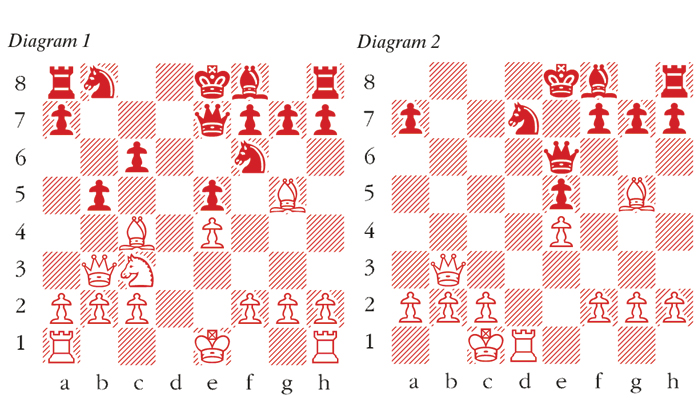
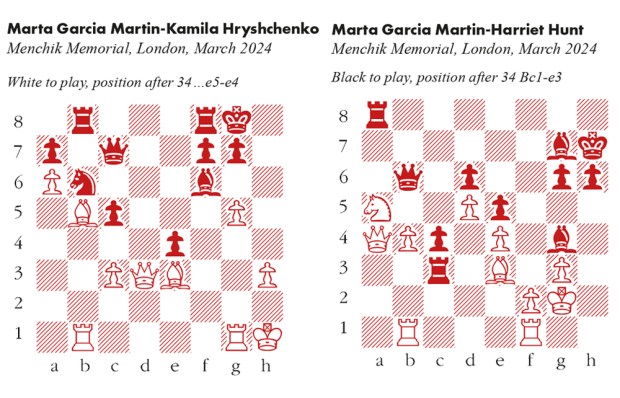
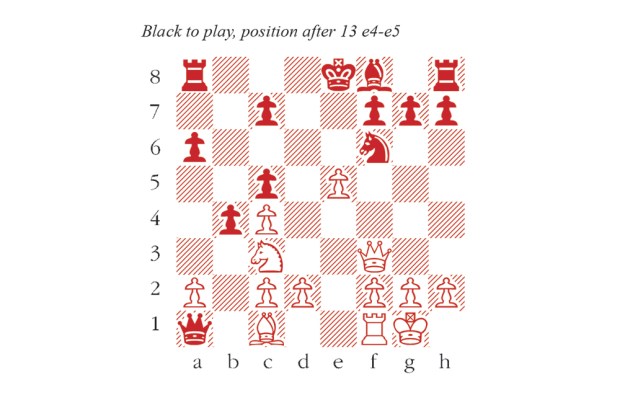
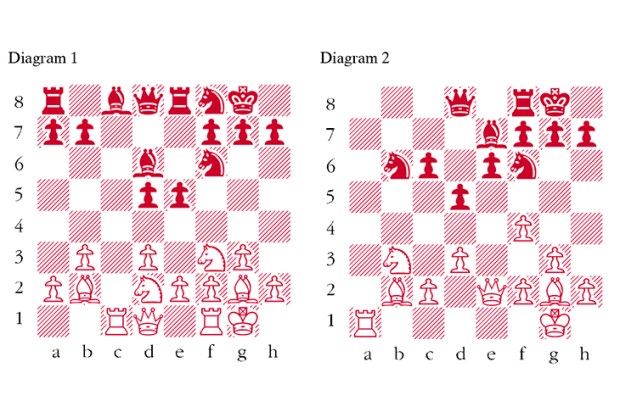
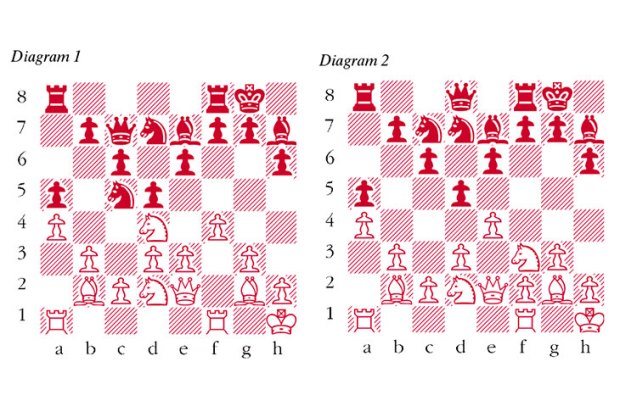
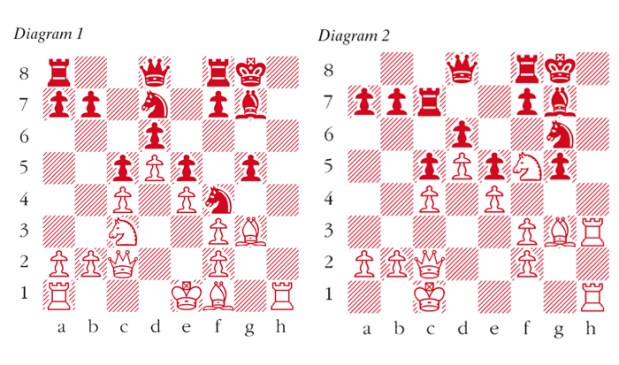
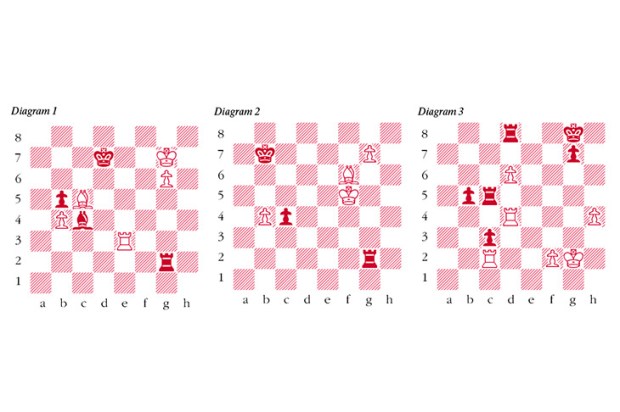






Comments
Don't miss out
Join the conversation with other Spectator Australia readers. Subscribe to leave a comment.
SUBSCRIBEAlready a subscriber? Log in